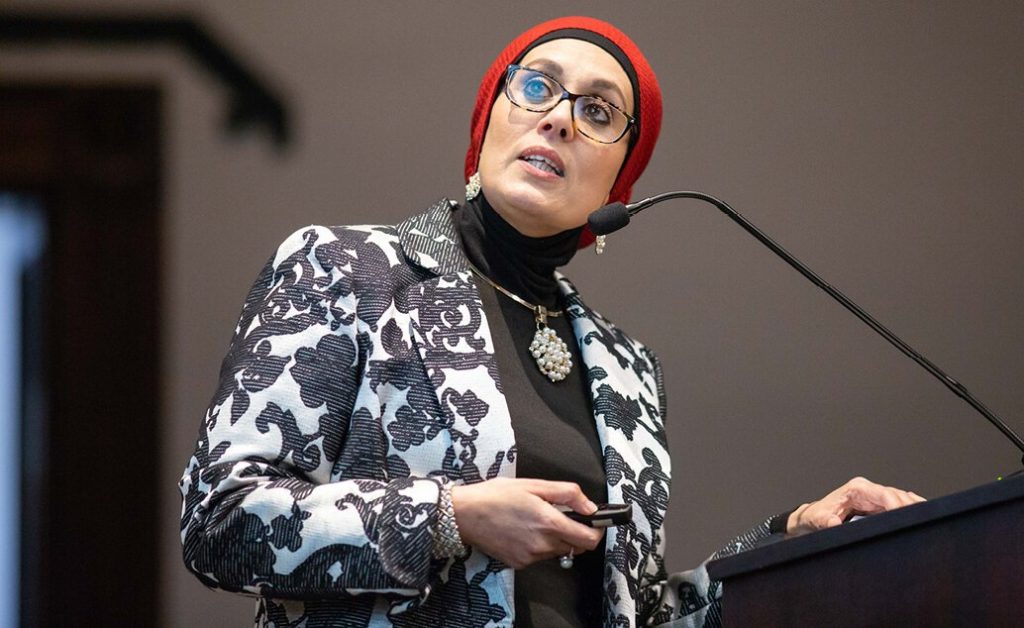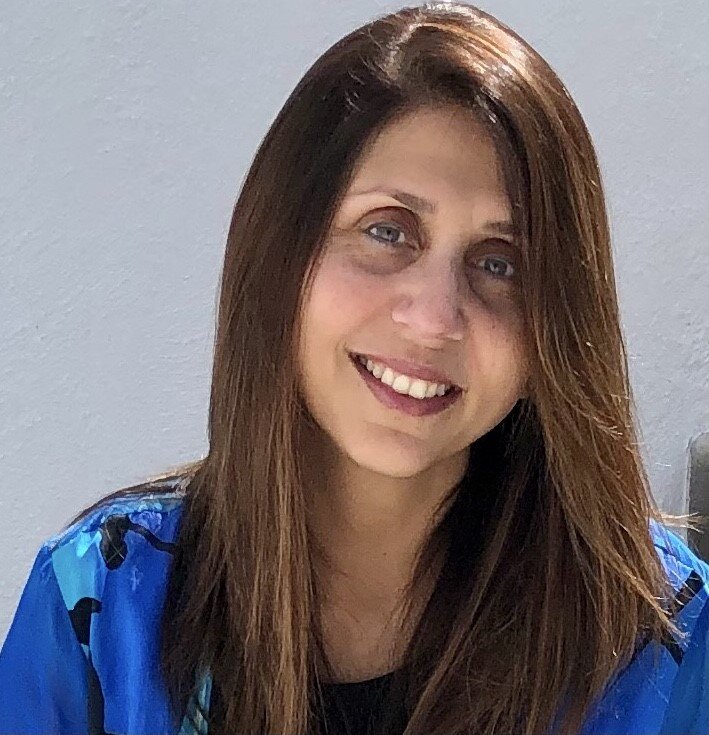
Dr. Debbie Almontaser was given the opportunity to start her dream school in 2005, a public school in New York City that would be an inclusive educational space for both Arab-American students and those of other ethnicities. The task of starting a school is tough enough but for a Muslim American in the wake of September 11, calling it just “tough” was a severe understatement. Faced with critics and misrepresentation, Dr. Almontaser was ultimately forced to resign her position.
Inspired by this experience, Dr. Almontaser started to study the experience of Muslim American school leaders for her doctoral thesis, which was recently published as a book titled “Leading While Being Muslim: The Experiences of American Muslim Principals After 9/11.”
Dr. Fawzia Reza, chair of ACE’s Diversity and Inclusion committee, had an opportunity to interview Dr. Almontaser about her views on diversity and inclusion, and how we can better promote these practices at ACE.
Dr. Fawzia Reza (FR): As we become more sensitive to diverse needs, we attempt to include people from different backgrounds as faculty and teachers. How important is it to include the voice of diverse learners?
Dr. Debbie Almontaser (DA): It is very important to include the perspectives of diverse people because if we are not able to do so, then we are conveying a message to the learner that you are welcome to come, but there are parts of you that you have to check at the door. When we start doing that, it actually undermines learning and the success of that learner. You have to take every learner who walks through your door and meet them where they are and work with them to help them to realize their place in the world. We cannot dictate [to] them who they are and what they should be, how they should talk, and how they should dress. We must welcome them and offer them an opportunity to learn and to find their voice and their place at their table, without compromising who they are and where they come from and what they have to offer.
FR: What do you see as the most challenging aspect of an increasingly diverse academic community and how can we overcome it?
DA: The challenges are really invisible. Although there are many who believe in promoting diversity and inclusion, when it comes to putting these concepts into action, many educational institutions have not been able to strike an appropriate balance. Many educators who have been in academia for a long time might feel ill-prepared because they find themselves in situations that are out of their element.
Professional development training and developing a greater awareness of diversity and inclusion practices is a very good start. We all should reconcile with the fact that here we are in 2019 and we still have not figured out how to get this right.
FR: How do you recommend educational institutions promote greater diversity and inclusive practices?
DA: When I first began working on the literature review for my doctoral research, I read about various communities, including African Americans, Japanese Americans, Chinese Americans, and Latinas. I quickly realized that there also was a lack of representation in leadership positions from these communities. We need to hire Latina, more African American, more Asian American leaders because we should have leaders within schools that reflect the diversity of various students sitting in their classrooms.
I suggest it is necessary to incorporate diversity into our coursework, including assigned literature and course-related projects. This will assist our students to better understand the diverse cultures that surround them, and to develop appropriate projects and activities that will push our students out of their comfort zones, helping them to develop a better understanding of people from diverse communities within our students’ own cities.

